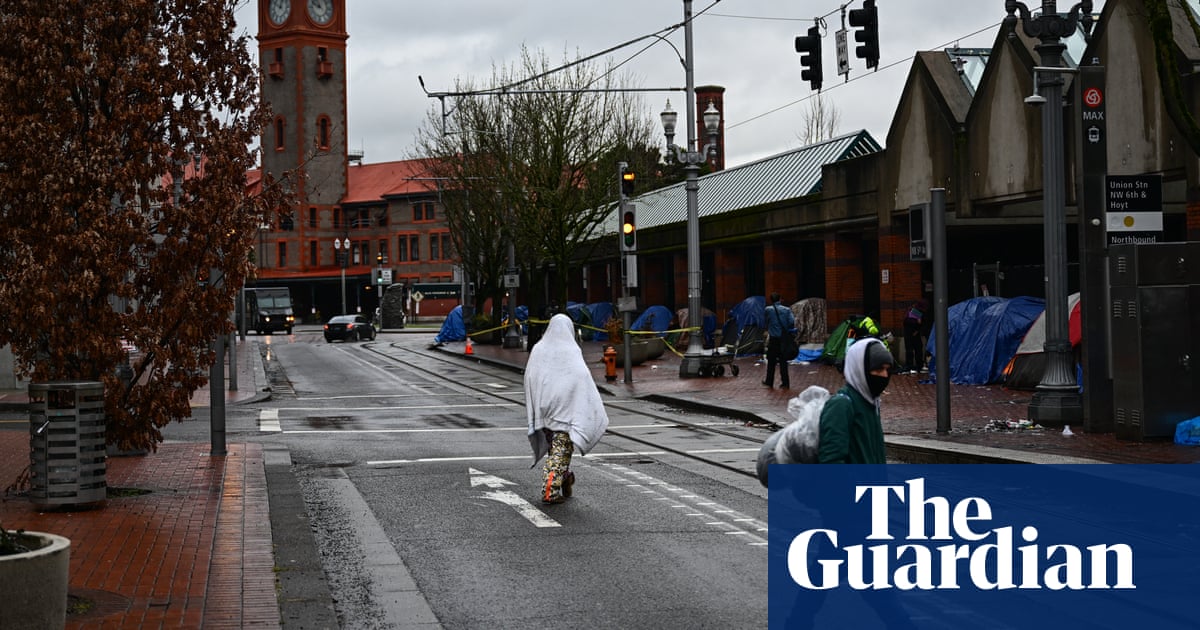Measure 110, an experiment approved in 2020, gets overhauled as state grapples with fentanyl crisis and growing public drug use
Oregon lawmakers have moved to reintroduce criminal penalties for the possession of hard drugs, in effect ending the state’s groundbreaking three-year decriminalization experiment.
In 2020, nearly 60% of voters moved to decriminalize the possession of small amounts of illicit drugs with the passage of Measure 110, but the new law had grown increasingly controversial as the state grappled with the fentanyl crisis and growing public drug use.
Lawmakers had recently reached a bipartisan deal to undo a key aspect of the law and make minor possession a misdemeanor, while also allocating millions of dollars toward specialty court programs as well as mental health and addiction treatment.



I read an article recently about the failure of this measure. It attributed a large part of the failure to a lack of training. For example, police were significantly less likely to hand out tickets for minor possession than they were to make arrests (before the measure), because they didn’t see what the point was. To them, it was just a significantly more lenient system and the article argued that training could’ve helped them to see that the ticket isn’t meant to be a punitive measure, but a way to pull people towards the increased support.
The police were essential outreach, but they weren’t given training to understand how their role was different. The tickets that were being handed out were a standard one, instead of a custom ticket made for this new citation, which would’ve explained that you can get the ticket waived if you call the support number listed.
Edit: found the article https://www.opb.org/article/2024/02/14/oregon-drug-decriminalization-plan-measure-110-leadership-failures/